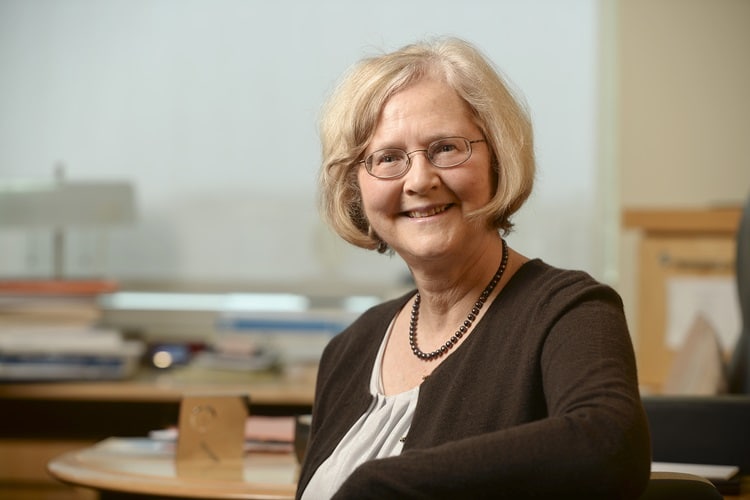Celebrating life and legacy of Elizabeth Blackburn

Elizabeth Blackburn is an Australian-American Nobel laureate. She received the Nobel Prize in Physiology or Medicine in 2009.
Life and Career
Elizabeth Blackburn was born on November 26, 1948, in Hobart, Tasmania, Australia. She grew up in a family with a strong academic background, and her interest in science was fostered from an early age. Blackburn’s father was a physician, and her mother was an artist.
Elizabeth Blackburn earned her Bachelor of Science in biochemistry from the University of Melbourne in 1970. She continued her studies at the University of Cambridge, where she completed her Ph.D. in molecular biology in 1975. During her doctoral research, she worked under the supervision of Fred Sanger, a two-time Nobel laureate. This period marked the beginning of her groundbreaking work in the field of molecular biology.
After completing her Ph.D., Blackburn continued her research at Yale University and then at the University of California, Berkeley. In the late 1970s and early 1980s, Blackburn, along with her research collaborator Jack W. Szostak, made a groundbreaking discovery related to telomeres, the protective caps at the ends of chromosomes.
In 1984, Blackburn joined the faculty at the University of California, San Francisco (UCSF), where she continued her research on telomeres. Her work provided valuable insights into the role of telomeres in cellular aging and cancer. In 2009, Blackburn was awarded the Nobel Prize in Physiology or Medicine, along with Jack W. Szostak and Carol W. Greider, for their discoveries related to telomeres and the enzyme telomerase.
Elizabeth Blackburn has held various prestigious positions throughout her career, including the presidency of the Salk Institute for Biological Studies in La Jolla, California. She has also been an advocate for science education and policy.
Award and Legacy
Elizabeth Blackburn received the Nobel Prize in Physiology or Medicine in 2009. Blackburn, along with her collaborators Jack W. Szostak and Carol W. Greider, was awarded the Nobel Prize for their groundbreaking discoveries related to telomeres and the enzyme telomerase.
Blackburn’s work significantly advanced the understanding of telomeres, the protective caps at the ends of chromosomes, and the enzyme telomerase, which plays a crucial role in maintaining telomere length. This has implications for understanding the aging process and the development of diseases such as cancer. As a prominent figure in the scientific community, Blackburn has served as an inspiration for aspiring scientists, particularly women in STEM (science, technology, engineering, and mathematics). Her achievements and leadership roles, including her presidency of the Salk Institute, have contributed to breaking gender barriers in science.
Blackburn has been an advocate for science education, research funding, and policy. Her efforts have aimed at promoting a greater understanding of the importance of scientific research and its impact on society. Blackburn’s leadership roles, including her presidency of the Salk Institute, have contributed to shaping the direction of scientific research and fostering collaboration within the scientific community.
Observer Voice is the one stop site for National, International news, Sports, Editor’s Choice, Art/culture contents, Quotes and much more. We also cover historical contents. Historical contents includes World History, Indian History, and what happened today. The website also covers Entertainment across the India and World.
Follow Us on Twitter, Instagram, Facebook, & LinkedIn

